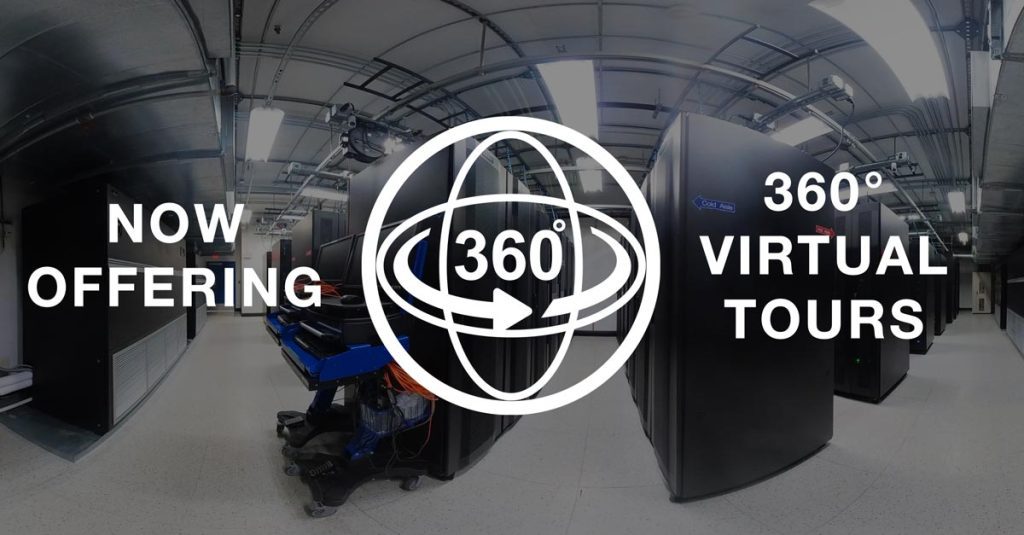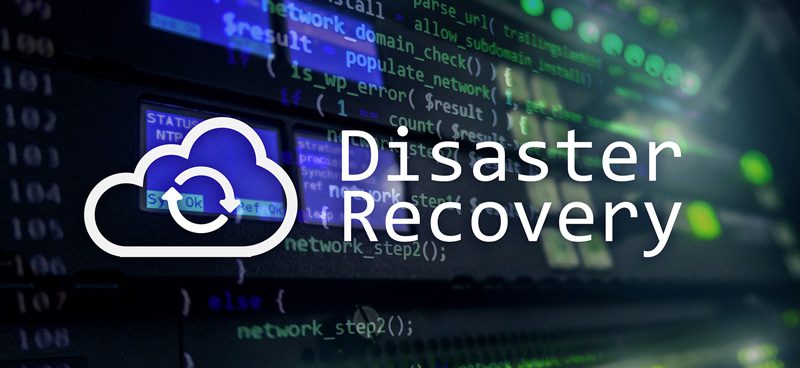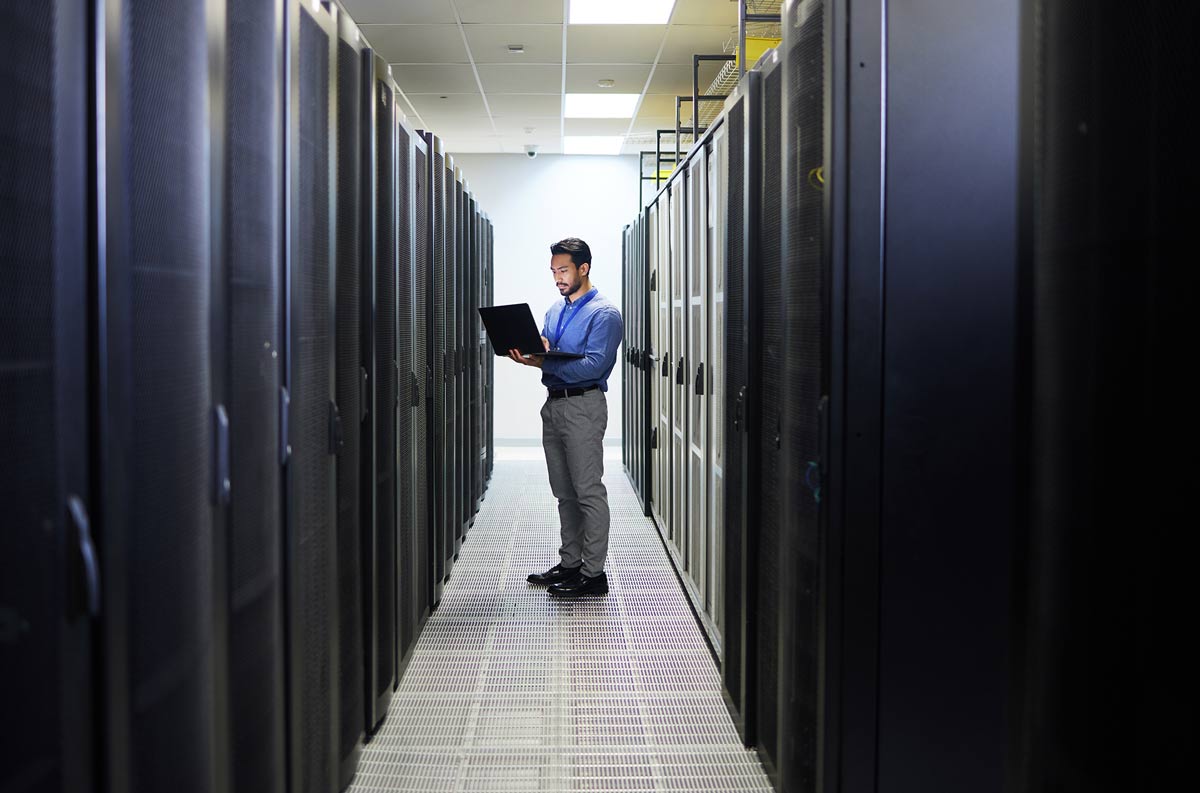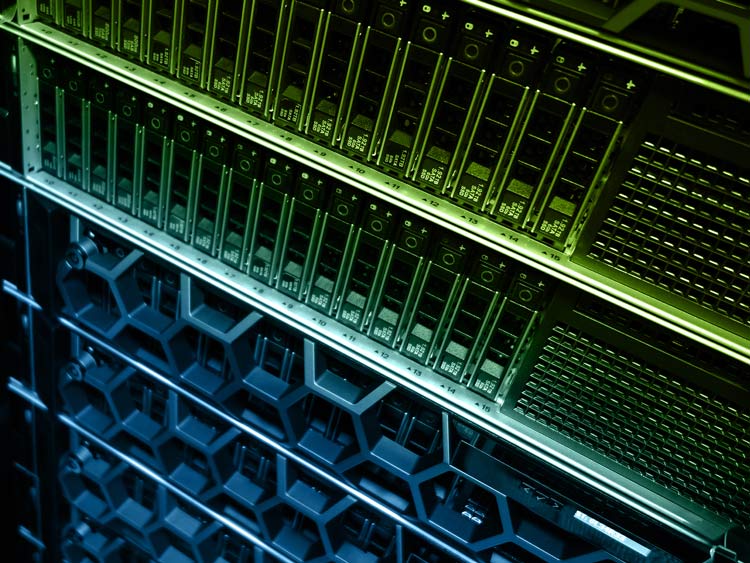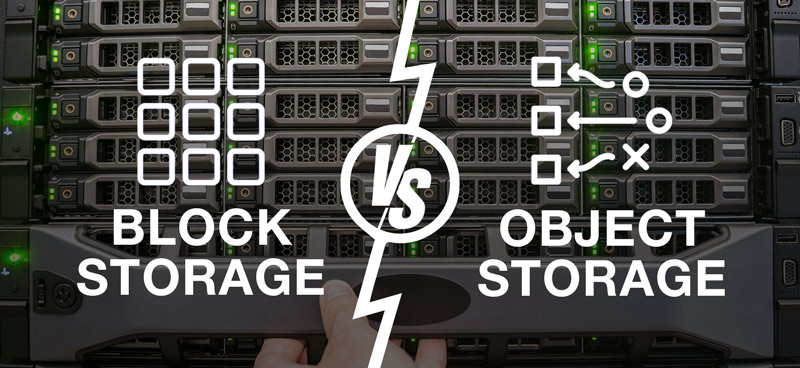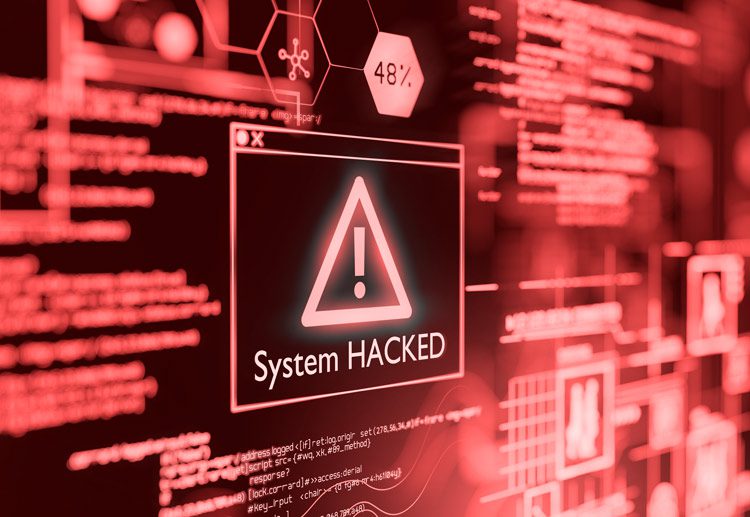Developing a business continuity plan is essential in this age of instant connectivity and will give you the peace of mind that comes with knowing you are prepared for anything. With a business continuity plan, you can ensure that, in times of downtime and power outage, your information and data will be safe and secure. According to Forrester Research, one day of power outages can cost a company over $2 million in expenses and lost revenue. To effectively protect your company’s data and assets, it is critical that you and your team develop a well thought out business continuity plan. What are some critical questions you should be asking when planning a business continuity plan? Continue reading to find out more:
Automation or Manual Recovery?
It may seem shocking, but many businesses still rely on manual backup and recovery systems. Manual systems are challenging because they require real people (using their finite workday) to access remote facilities to ensure the security of the data. In the event of a severe weather or security crisis, these locations could become virtually inaccessible, and you risk losing everything. With automated backup and recovery, you’ll ensure that all of your information and data is protected and can quickly recover.
What Happens if My System Fails?
Having an automated business continuity plan will make your system and company stronger, and significantly decrease the likelihood that your system suffers expensive downtime. With an automated continuity system in place, you will not only reduce downtime but also save your IT department hours of busywork that simply isn’t necessary anymore. While these systems are continually improving and are vastly more efficient than manual systems, it is essential to understand that finding the right plan for your business depends on a process of research with some trial and error. It is crucial to implement a plan and pay attention to what worked and what didn’t for your unique data needs. Eventually, you will find the continuity plan that works best for your company. It is also imperative to test every element of your strategy. Make sure your plan can be implemented properly by taking the necessary steps beforehand.
Where Should My Remote Facility Be Located?
According to a 2012-2013 Consumer Economics report, more than 60% of American companies with a net worth of over $50 million have more than one remote data facility. Accordingly, nearly 40% of mid-sized American companies are operating with one remote data and recovery facility. The location of your data recovery center is vital, and you need to ensure that the facility is readily accessible in case of emergency. Companies with only one remote data recovery facility are encouraged to utilize cloud-based data storage solutions to limit the risk of downtime outages further.
Need Help Designing Your Business Continuity Plan?
Building your company can be an exciting process, and it is also a time that requires a lot of precise time and attention. Unfortunately, we live in a world of unknowns, and it is critical to protecting your work, data, and assets from any vulnerability that may be the result of those unknowns. Developing and eventually implementing a business continuity plan will allow you and your company to thrive. With a carefully devised plan, you’ll be able to keep your data and information secure, while keeping your company healthy. Contact Volico today to build the backup strategy your company needs.
Discover how Volico can help you with your Business Continuity, and Disaster Recovery needs.
• Call: 888 865 4261
• Chat with a member of our team to discuss which solution best fits your needs.

